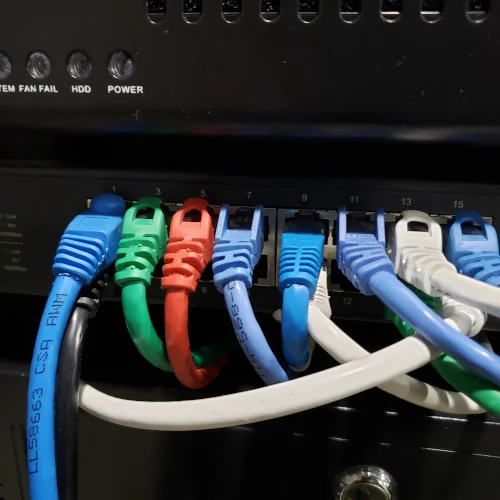Linux Appears Close To Supporting LiFi Light-Based Networking With pureLiFi

The pureLiFi devices like other Li-Fi designs use light rather than radio frequencies for data transmission with promises of multi-Gbps speeds, better reliability, low latency, and better security. It's surely interesting and will be fun to see how Li-Fi plays out in the coming quarters/years -- 802.11bb is expected to be formally released in 2021~2022 for firming up the Li-Fi standard.
PureLifi has been working to contribute their open-source kernel driver upstream for enabling their LiFi-X, LiFi-XC, and LiFi-XL USB devices to work under Linux.
The driver has been revised since it was first introduced. Initially it was aiming for staging but looks like it could be accepted right away to the networking subsystem in its initial go along with getting all the rest of the code squared away. The code hasn't yet been queued into net-next, but it's looking like it could very well be within the next kernel cycle or two.
So far though the pureLifi hardware isn't generally available outside of evaluation / custom quote deployments. It will be interesting to see what comes of Li-Fi while those curious about this Linux-friendly company's wares can find out more on the current tech via pureLiFi.com.
3 Comments

